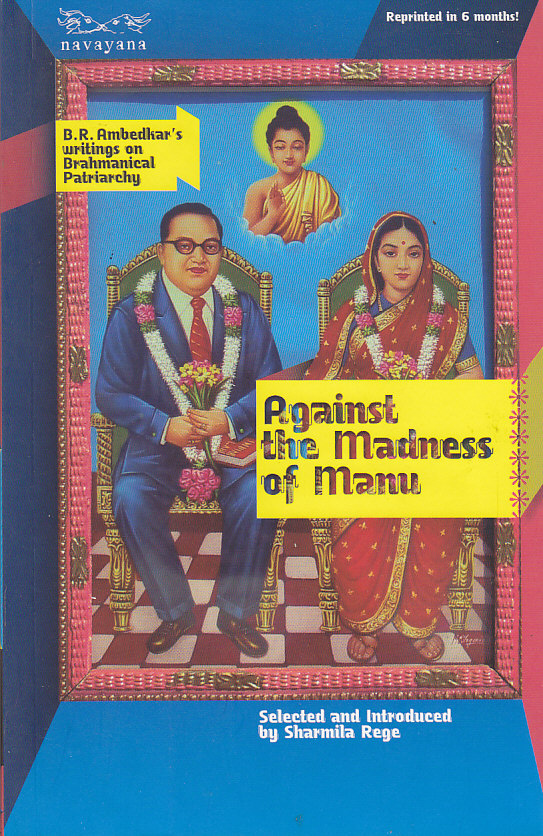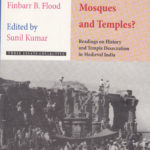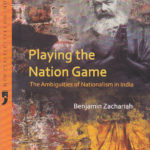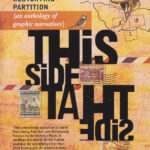Against the Madness of Manu: B,R. Ambedkar’s Writings on Brahmanical Patriarchy
£9.95
Sharmila Rege (ed)
Paper 9788189059538
In his 1916 paper “Castes in India”, the 25-year-old Ambedkar offered the insight that the caste system thrives by its control of women, and that caste is a product of sustained endogamy.
Description
Since then, till the time he piloted the Hindu Code Bill, seeking to radicalise women’s rights in the 1950s, Ambedkar deployed a range of arguments to make his case against Brahmanism and its twin, patriarchy.
While Ambedkar’s original insights have been neglected by sociologists, political theorists and even feminists, they have been kept alive, celebrated and memorialised by Dalit musical troupes and booklets in Maharashtra. In Against the Madness of Manu, Sharmila Rege presents a compelling selection of Ambedkar’s writings on the theme of Brahmanical patriarchy, illuminating his unprecedented sociological observations. Rege demonstrates how and why Ambedkar laid the base for what was, properly speaking, a feminist take on caste.
Sharmila Rege (1954–2013) was a sociologist who headed the Krantijyoti Savitribai Phule Women’s Studies Centre, University of Pune. She is the author of Writing Caste/Writing Gender: Narrating Dalit Women’s Testimonies.
Additional Information
| By | Edited by Sharmila Rege |
|---|---|
| Published by | Navayana |
| ISBN | 9788189059538 |
| Format | Paperback |




